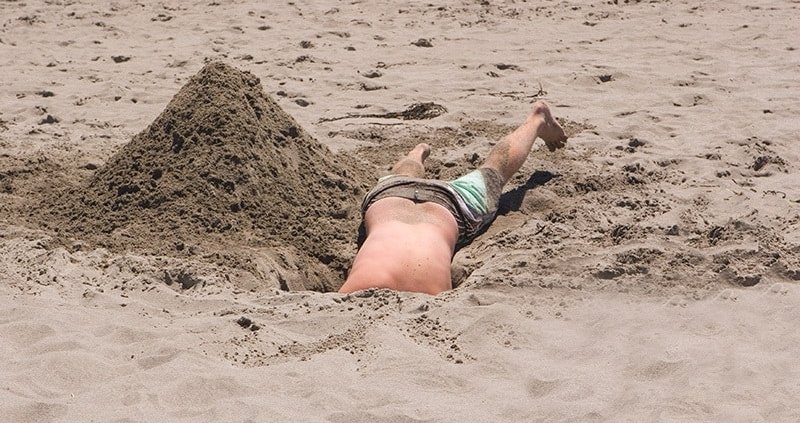If They Have Drug and Alcohol Problems, Why Don’t They Just Quit?

A: When drugs and/or alcohol have become the solution, the way to have fun, to feel good, to relieve stress and to relieve discomfort, there are many ways that people find to avoid facing the problems created by use.
Q: What ways do people find to avoid addressing drug and alcohol problems?
A: Some of the statements people misusing drugs and alcohol make to themselves are:
- My problem comes from someone else or is a bad circumstance;
- It’s not that bad;
- When I get through this, I’ll think about it;
- Just another couple of years and then I’ll deal with it;
- I’m stressed and work hard, I deserve a little fun;
- They just don’t understand;
- I’m different.
Q: Do people have to “hit bottom” before they are willing to get help with their alcohol and drug use?
A: Everyone has their own “bottom” and most continue to dig for a while. When faced with losing important things in their lives, people can often place their alcohol and drug use as their priority. When a problem drinker or drug user sees that there is hope on the other side of their trouble, facing their battle and “stop digging” becomes possible.
Q: How do I help someone face their problem and see that recovery is possible?
A: Finding someone for the problem alcohol or drug user to speak with who has been there, who relates to the feelings and ideas surrounding their issues, and who has made it to the other side of the hole, often helps. Professionals who work with addiction can also empathize and provide direction. Treatment programs are available to introduce the reticent alcohol or drug abuser to possible remedies are available if they are willing to talk.
Q: Once someone starts the road of recovery, why do they sometimes go back to their old ways?
A: Even though they eventually can create disaster, drugs and alcohol are potent relievers of pain, anxiety and boredom. If someone new to recovery loses sight of the eventual benefits of recovery, they can go back to their old ways. Old drinking or using buddies, triggers and infrequent use of recovery supports, like meetings can lead back to drinking and using. It’s a well-practiced habit.
Q: Can you “bring up” someone’s bottom and help them stop before they lose everything?
A: Treatment is designed to provide a “bridge” over the depths people can fall, during the addiction process. Unfortunately, it is very difficult to bring people to the awareness of their need for or the benefits of recovery. It is also very difficult to gauge helpfulness against enabling or neglect. Being helpful while not participating in the problem is the best balance to reach.
Q: Does treatment or recovery require a lot of time away from personal responsibilities and/or cost a lot of money:
A: No. Many routes can lead to recovery, many of which can be taken which require no time away from important obligations and cost no money at all.
Twin Town Treatment Centers is immediately accessible to all Los Angeles and Orange County residents, is accredited by The Joint Commission, and is certified by the California DHCS. All network HMO/PPO/EPO insurance plans and Medi-Cal contract with Twin Town Treatment Centers to provide drug and alcohol rehabilitation. Our phone is answered by real people. We can see people on the same day you call. (866) 594-8844


